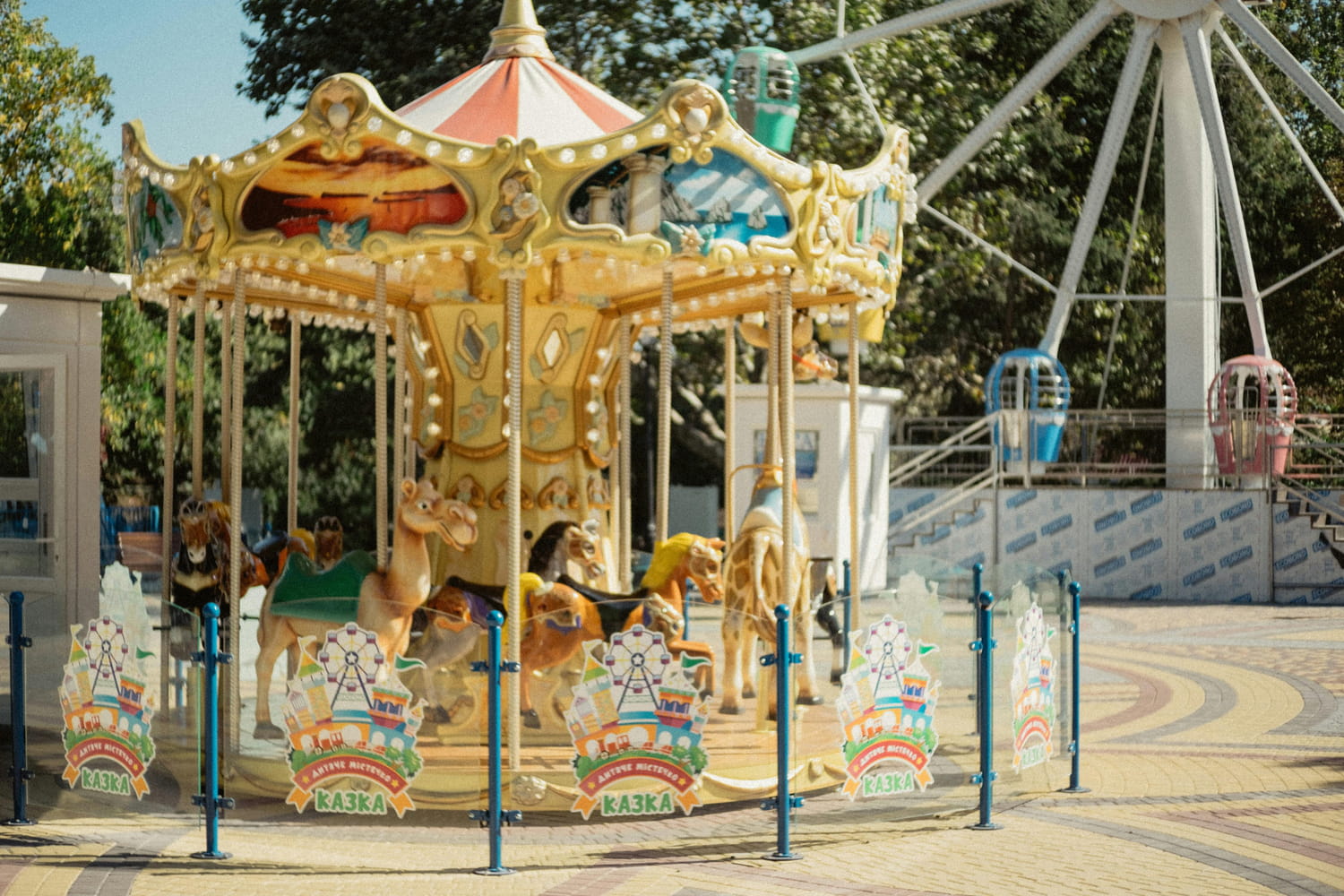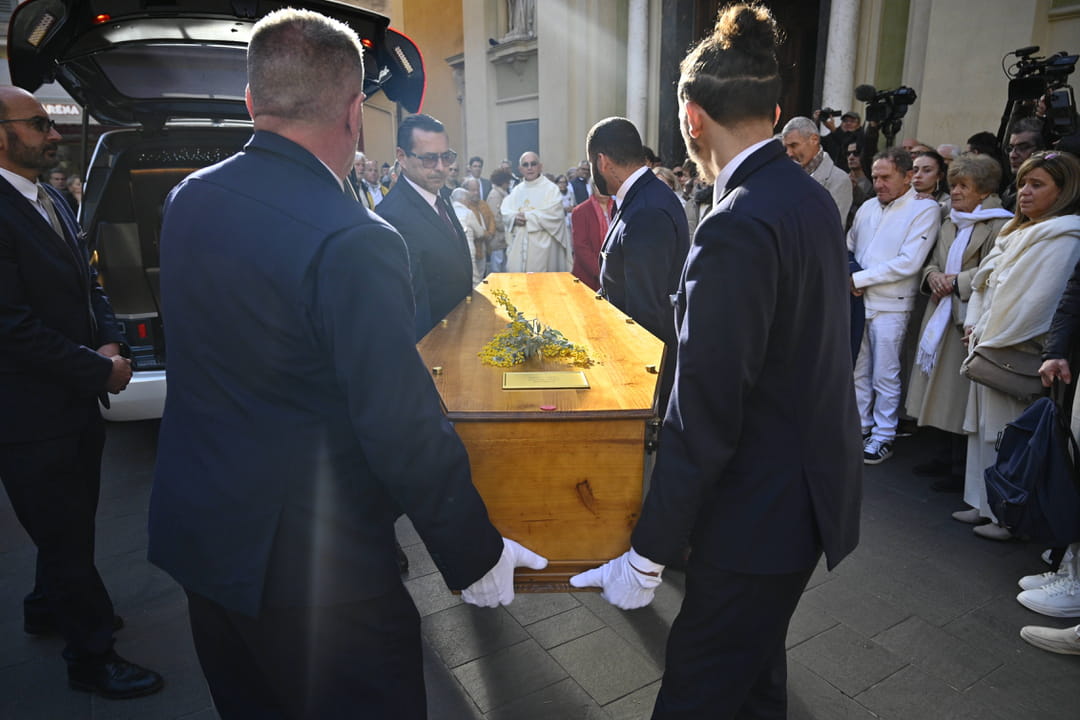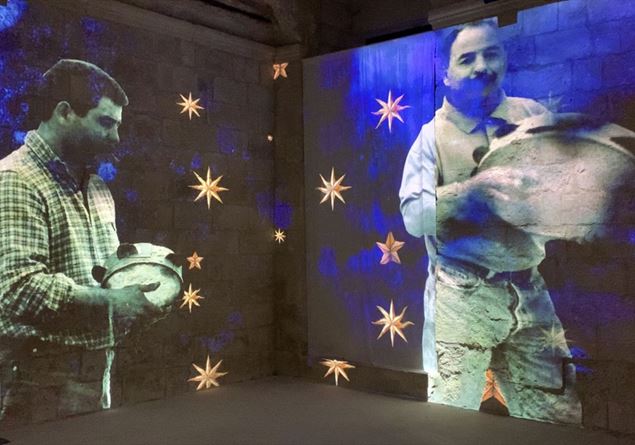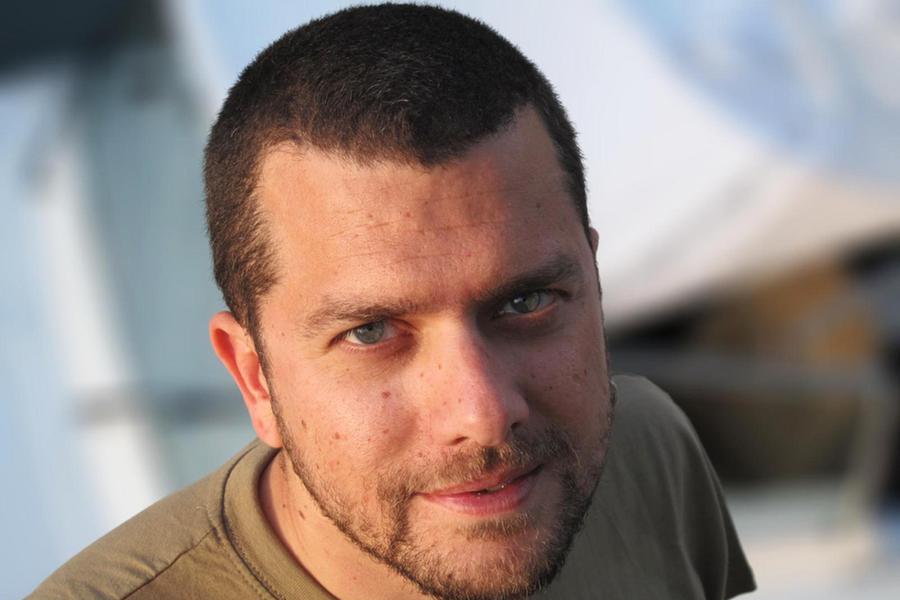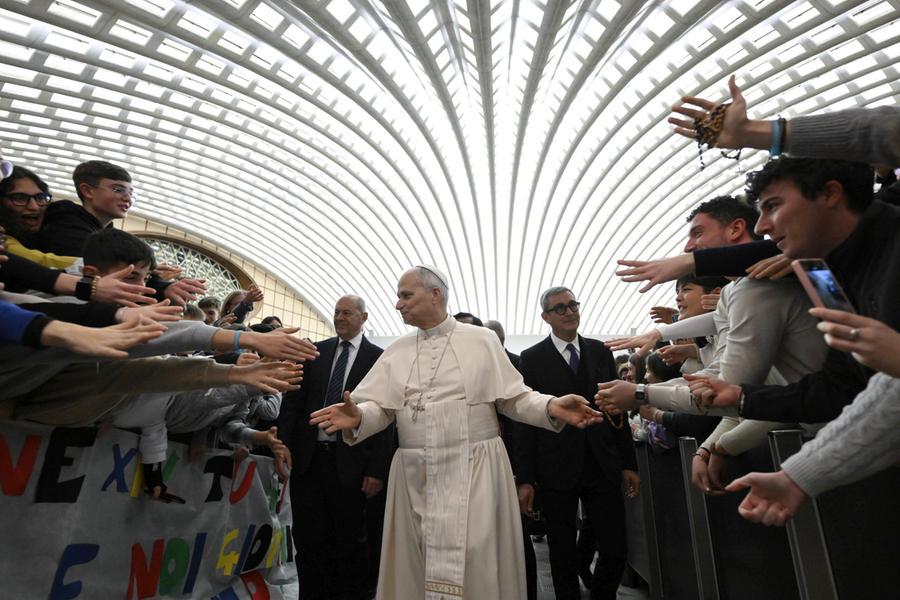Melpignano, after giving life to the famous Night of the Taranta, takes an important new step to preserve and enhance its extraordinary cultural heritage.
It officially opened on October 22nd in the Marchesale Palace the Popular Music Documentation Center, a project that transforms memory into living experience. The heart of the center is the Chiriatti Fund, one of the most precious archives of ethnomusicology and tarantism in Southern Italy, finally acquired and digitized thanks to PNRR funds. We are talking about an immense treasure: over 4 terabytes of recordings, interviews, photographs and ethnographic documents – the result of almost 50 years of field research conducted by Luigi Chiriatti starting from the 1970s.
A painstaking work that allowed this material to be cataloged into eight macro-areas, from work songs to tarantism, from the oral history of the peasant movement to Salento fairy tales.
When memory becomes an experience But what makes this center unique is the way in which memory is told. Through immersive installations signed by the artist Massimiliano Siccardi (already the author of famous works on Van Gogh) and the architect Raffaela Zizzarivisitors are enveloped in an exciting experience that brings two archives into dialogue: the sound one of popular songs and the “stone” one of the moving writings left by inmates in the palace’s ancient prisons.
«An archive is not just a place of conservation, but a threshold to cross», explains Siccardi, «in this immersive experience we tried to restore the life of an archive, because an archive does not preserve, it remembers together with you».
A choral project
The mayor Valentina Avantaggiato underlined the community vocation of the project: «We chose to invest in the creation of a physical place, but not only, which could become a center of culture and research, a workshop for musical productions. We want to speak to scholars, enthusiasts, young people and tourists, transmitting knowledge in an emotional and empathetic, non-didactic way.”
The center will not just be a place of conservation but a true cultural laboratory. In the coming months, book presentations, meetings and reflections on the value of archives as places of memory and dialogue are already planned, with an eye towards the Mediterranean.
There is something deeply moving in seeing how this project has managed to give voice not only to traditional songs, but also to the forgotten stories of those who suffered within those walls. The ancient prisons of the Marchesale Palace, an important example of a feudal justice system, become a place of reflection and shared memory through immersive installations. Two archives, two different languages - the sound one and the stone one – which tell the same human tension towards freedom, dignity and resistance. Because popular music, as the curators remind us, was born precisely as a sign of struggle and collective identity.
